22 pages • 44 minutes read
Emily DickinsonIf I should die
Fiction | Poem | Adult | Published in 1891A modern alternative to SparkNotes and CliffsNotes, SuperSummary offers high-quality Study Guides with detailed chapter summaries and analysis of major themes, characters, and more.
Further Reading & Resources
Related Poems
“Song of Nature” by Ralph Waldo Emerson (1859)
Here is Emerson’s fullest articulation of the Transcendentalist vision of humanity’s oneness with a glorious and powerful natural world that Dickinson celebrates in the opening 10 lines. Nature, whose “oldest force is good as new” (Line 82), Emerson says, reassures him, who like Dickinson struggles with the awareness of death, that nature does not know exhaustion. To borrow from the poem, a thousand sunrises are as one, apples never cease ripening, and rivers never empty. Within that grand energy field, death is irrelevant. “In slumber,” the speaker ultimately concludes, “I am strong” (Line 8).
“It’s Easy to Invent a Life” by Emily Dickinson (year of composition uncertain)
The poem offers one of Dickinson’s most compelling statements about the ephemeral nature of life, how easy lives come and go, how simply we invent purpose and then find that entire enterprise rendered ironic by the inevitability of death. Within God’s grand scheme, individual people can be easily inserted and just as easily slipped out. As with Poem 54, the irony gives the honesty a certain kind of playfulness, a sly sense of humor. Much as the speaker uses the stock market in Poem 54, here God’s creation itself happily suggests the fragility of human endeavor and the irrelevancy of any single life.
Related Titles
By Emily Dickinson
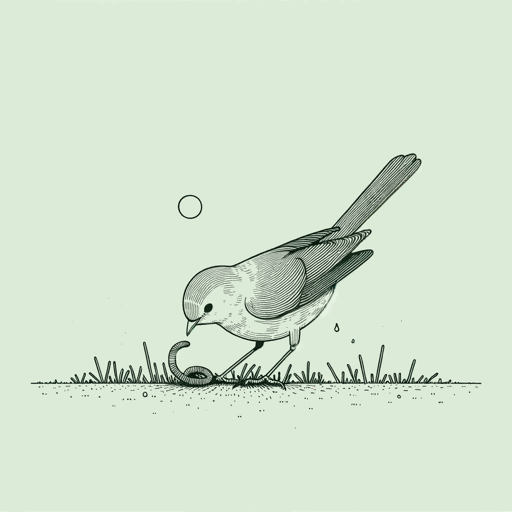
A Bird, came down the Walk
Emily Dickinson

A Clock stopped—
Emily Dickinson
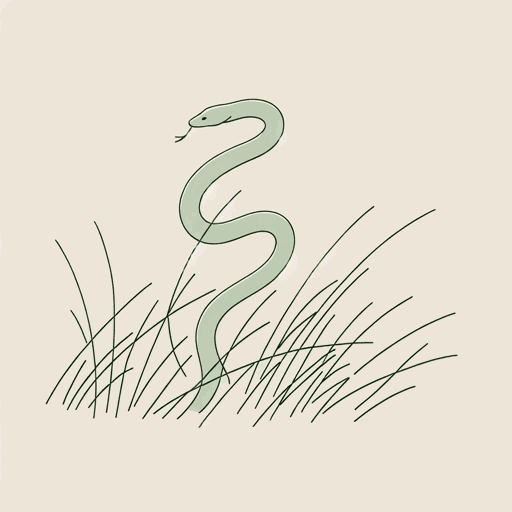
A narrow Fellow in the Grass (1096)
Emily Dickinson

Because I Could Not Stop for Death
Emily Dickinson

"Faith" is a fine invention
Emily Dickinson
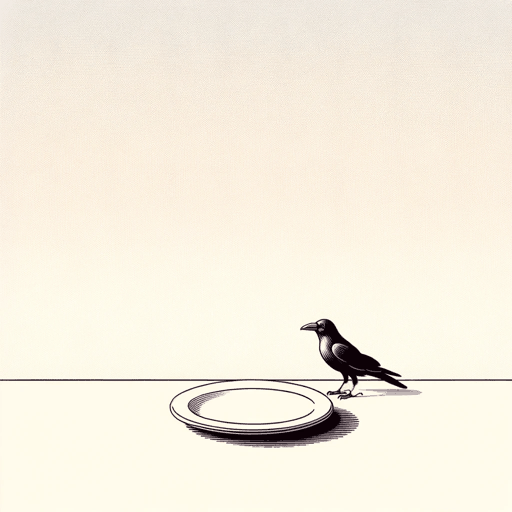
Fame Is a Fickle Food (1702)
Emily Dickinson

Hope is a strange invention
Emily Dickinson

"Hope" Is the Thing with Feathers
Emily Dickinson

I Can Wade Grief
Emily Dickinson

I Felt a Cleaving in my Mind
Emily Dickinson

I Felt a Funeral, in My Brain
Emily Dickinson

If I Can Stop One Heart from Breaking
Emily Dickinson

If you were coming in the fall
Emily Dickinson

I heard a Fly buzz — when I died
Emily Dickinson
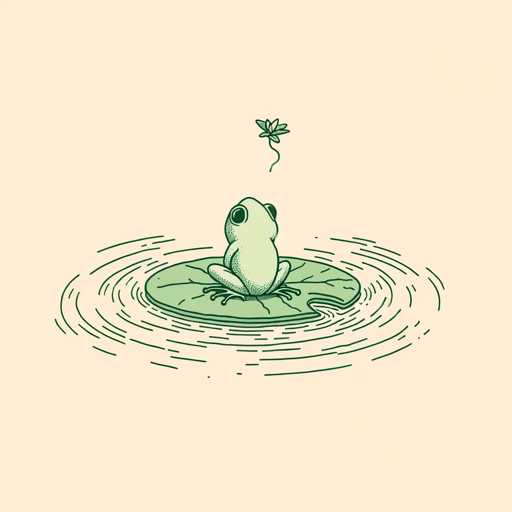
I'm Nobody! Who Are You?
Emily Dickinson

Much Madness is divinest Sense—
Emily Dickinson

Success Is Counted Sweetest
Emily Dickinson

Tell all the truth but tell it slant
Emily Dickinson
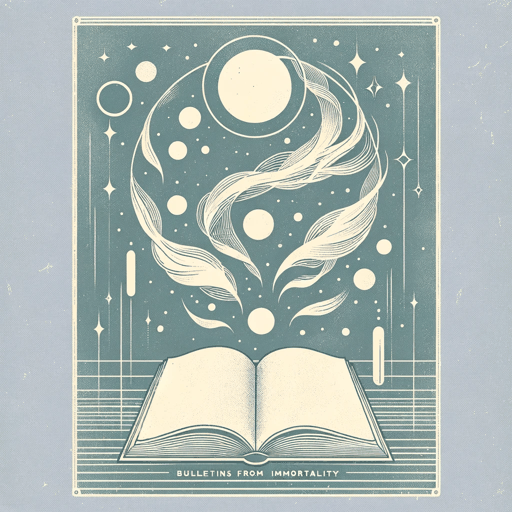
The Only News I Know
Emily Dickinson

There is no Frigate like a Book
Emily Dickinson
Featured Collections
Business & Economics
View Collection
Earth Day
View Collection
Fate
View Collection
Memory
View Collection
Mortality & Death
View Collection
Nature Versus Nurture
View Collection
Nostalgic Poems
View Collection
Poetry: Perseverance
View Collection
Short Poems
View Collection
Truth & Lies
View Collection
Valentine's Day Reads: The Theme of Love
View Collection

